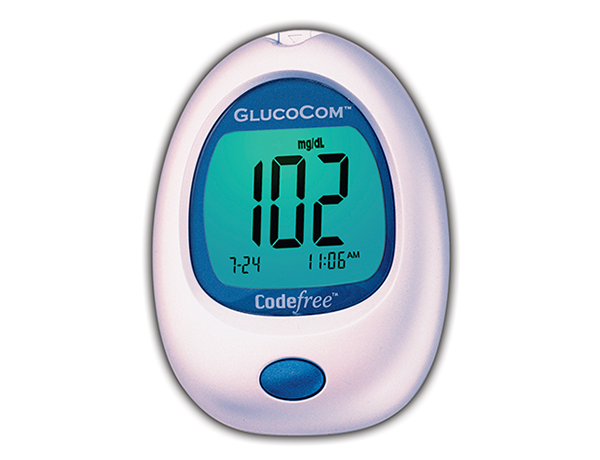Residential Nurse Alert to the Rescue

The purpose of hospital care is to treat. For those in need of specialized, high-level care, hospitals are designed to carefully monitor progress, keeping its patients stable with teams of expert practitioners and carefully coordinated regimens. When hospital care succeeds, that means the patient is well enough to leave, preferably for the comforts of home. But back at home, without that support system (and often with new medications and/or careful instructions to follow), taking on the responsibilities of care can be an abrupt transition.
This is why the purpose of home health care is to educate and empower, allowing patients to manage their conditions and stay safe and well at home. One Residential Home Health patient felt out of his depth just hours after discharge, but he didn’t have to wait for support. Read on to learn how simply pushing a button led to all the care and assurance he needed, starting right out of the hospital.
A New Routine
The patient had been in the hospital to treat a handful of chronic conditions, as well as his new diagnosis: diabetes. Before his discharge, he was visited by a Transitional Nurse Liaison (TNL) from Residential Home Health. Residential’s TNLs are experts at coordinating all aspects of the journey home, setting patients up for success. As part of this patient’s plan of care, he received a Residential Nurse Alert personal emergency response system right at his hospital bedside. The TNL explained the benefits of ANYTIME – ANYWHERE – ANYTHING assurance, and encouraged him to push the button whenever he needed assistance. Living alone without regular caregiver support, he could count on Residential Nurse Alert as a lifeline.
Within hours of returning to his home after discharge, it was time for the patient to do a self-test of his blood sugars. But this procedure was still new enough that he was struggling to read and interpret his results. A quick button push and a supportive phone conversation helped him complete the test and take steps to keep his blood sugar in check — even before his first Residential Home Health Care Team visit.
An Urgent Response
For two months, the patient did well with skilled nursing and therapy visits from his Residential Home Health Care Team, for everything from wound care to diabetes education and fall prevention. Yet even with exceptional home support, unforeseen things can happen. After two uneventful months of safe aging in place, the patient had a sudden change and pushed his Residential Nurse Alert button right away. He told the responding nurse about severe leg pain that was not going away. After getting a grasp of the situation, the triage nurse contacted emergency services for immediate transport to the emergency department.
At the hospital, the patient’s pain could be efficiently assessed and treated. Once he was stable once again, under the watchful eye of the hospital staff, he would be ready to transition back home. His Residential Home Health Care Team was informed of the change, and they would be fully prepared to meet his care needs — both ongoing and new — and help him stay safe and independent. And for questions between visits or unexpected developments, Residential Nurse Alert would ensure the patient had no gaps in his care.
As shown by this patient’s strikingly different concerns, the exclusive Residential Nurse Alert mobile response system can be used for any reason, day or night:
- Emergency situations
- Questions regarding hospital discharge instructions or medications
- Help with scheduling physician appointments
- Assistance with transportation
- Questions for your primary care physician
- Health concerns or any other reason
Residential Nurse Alert provides patients with Anytime-Anywhere-Anything access to their care team. Non-patients can also use the service to connect with Residential’s clinical team. In 2014, more than 300 probable hospital admissions were avoided with this system. For more information, call (888)930-WELL (9355) to speak with a nurse.
{{cta(‘3073a01b-4a0b-41c6-91c0-460ecd8e3277′,’justifycenter’)}}

